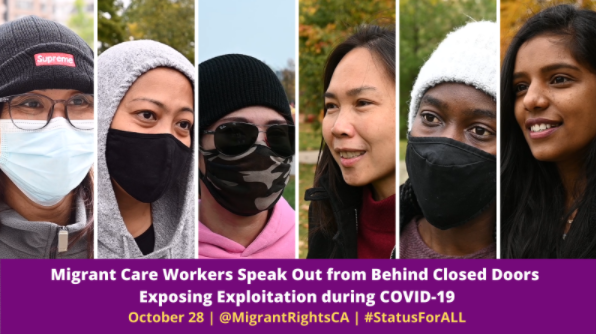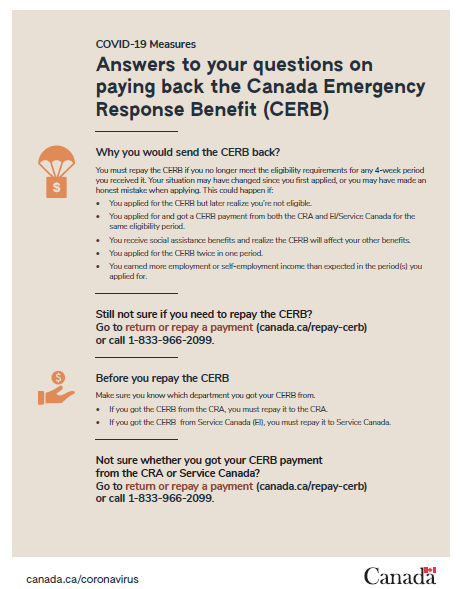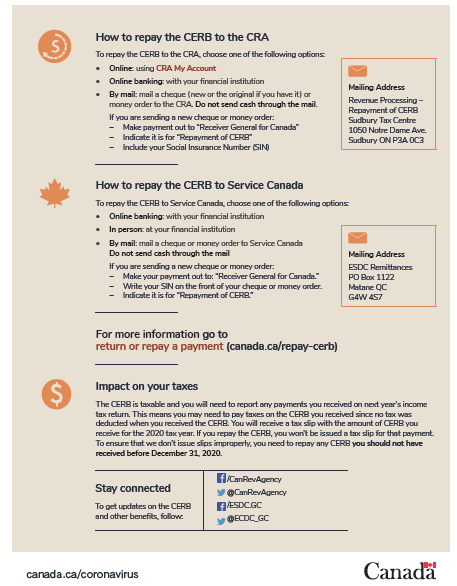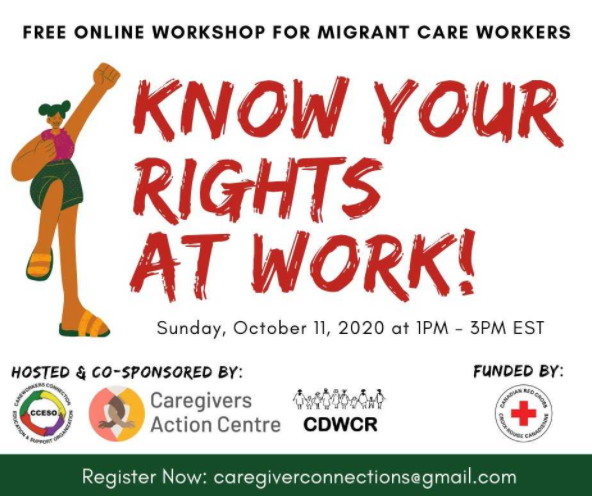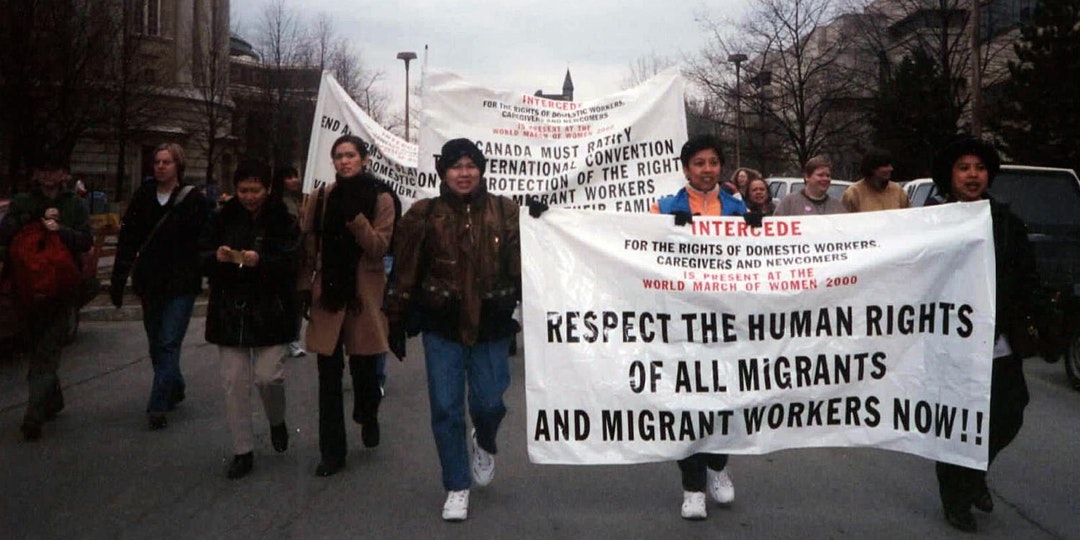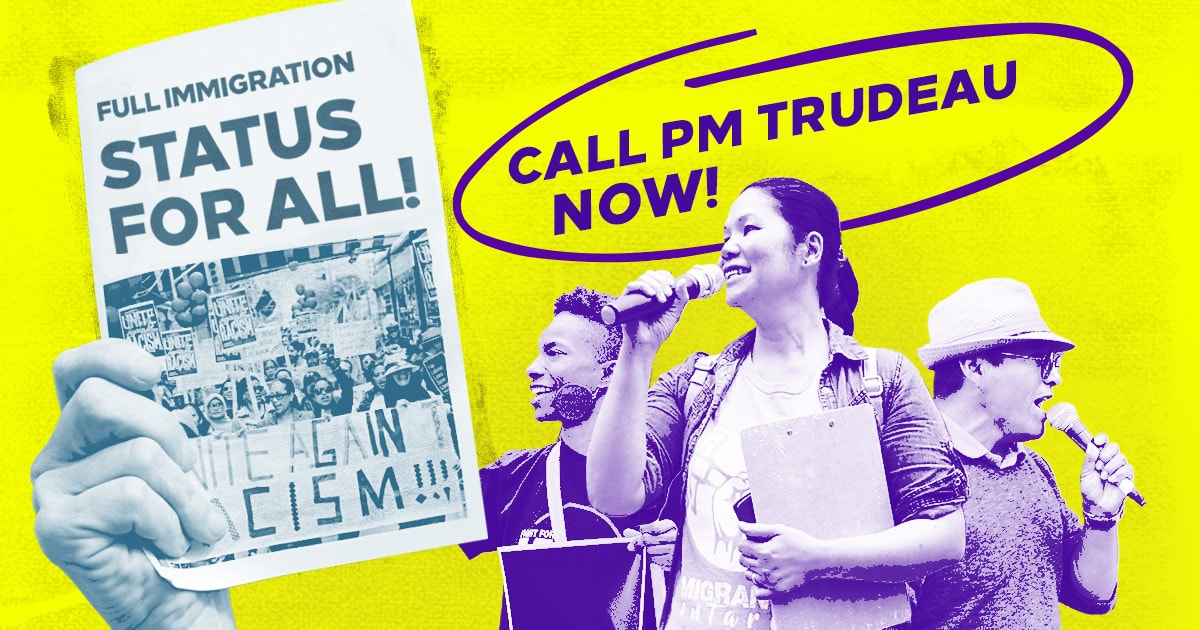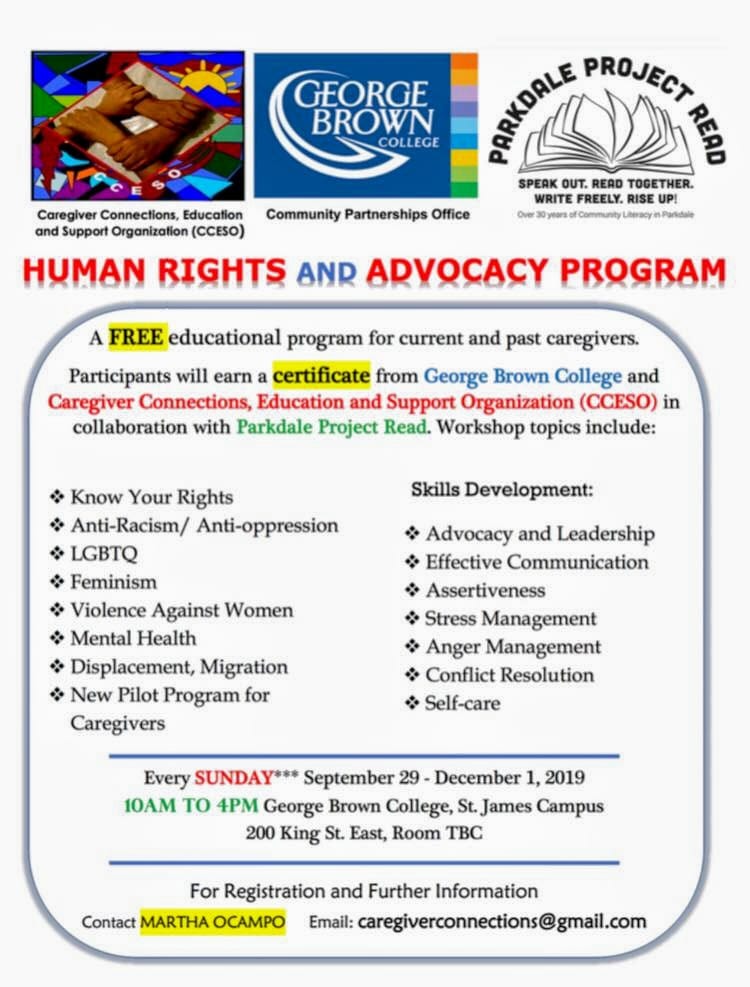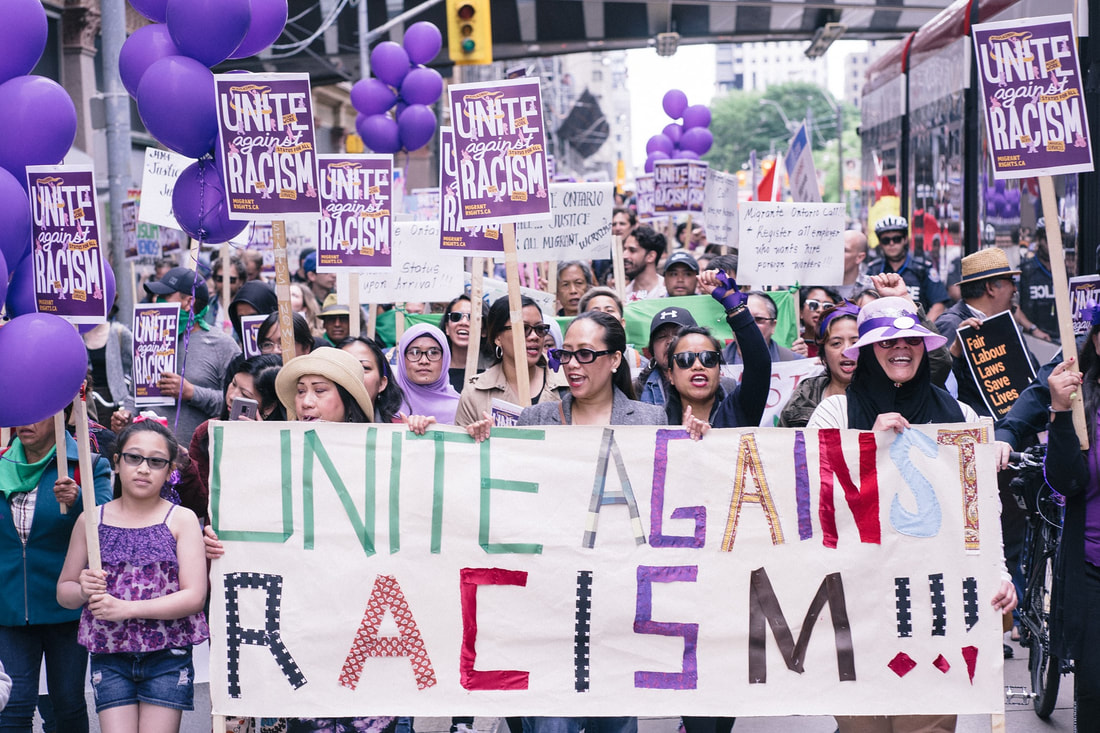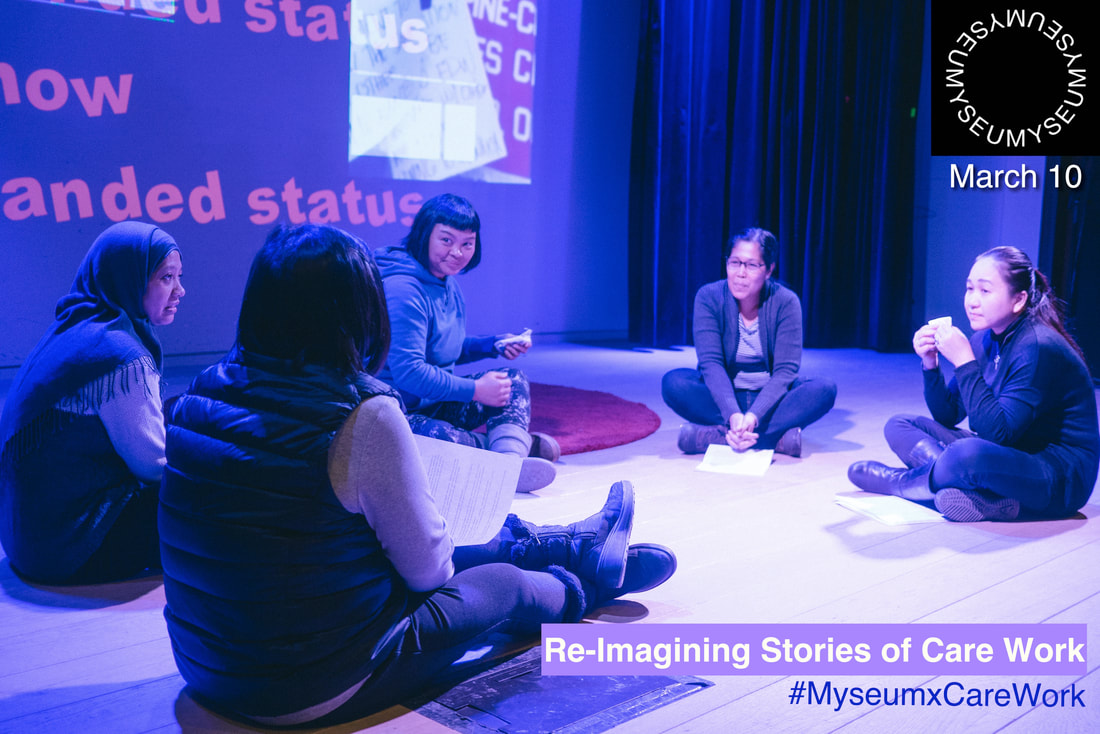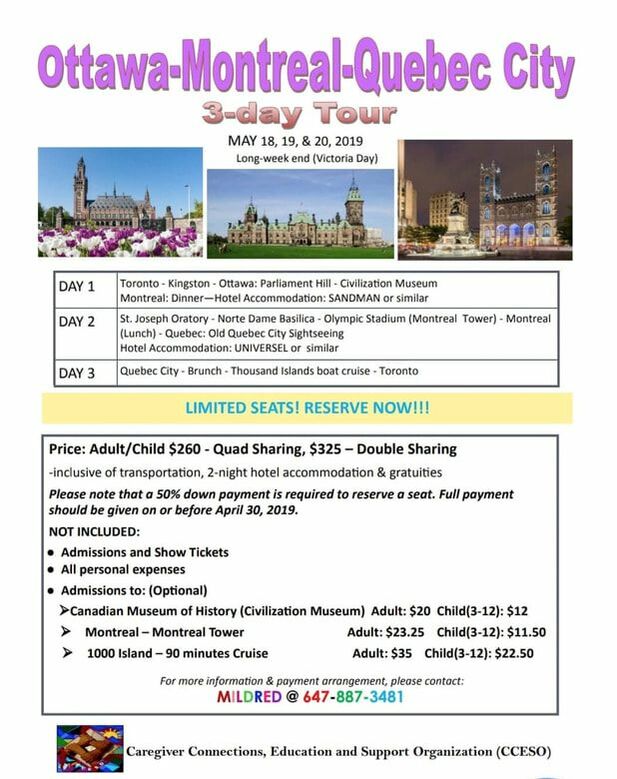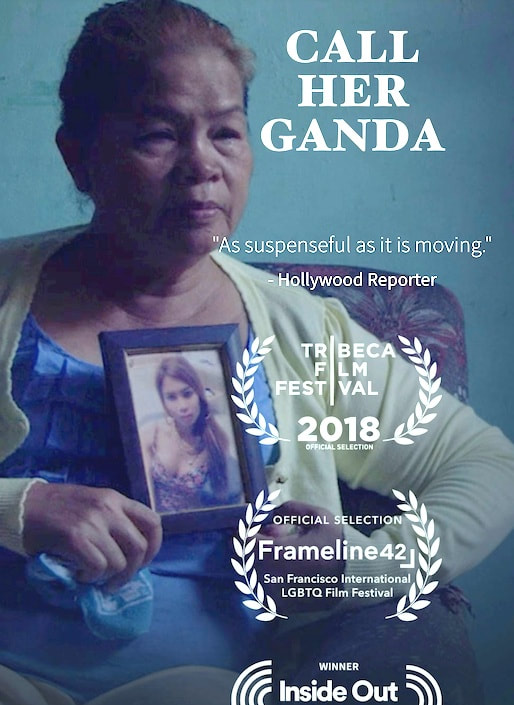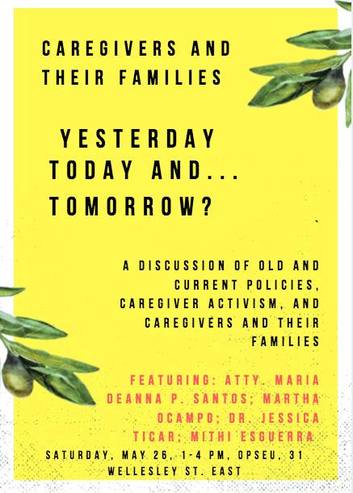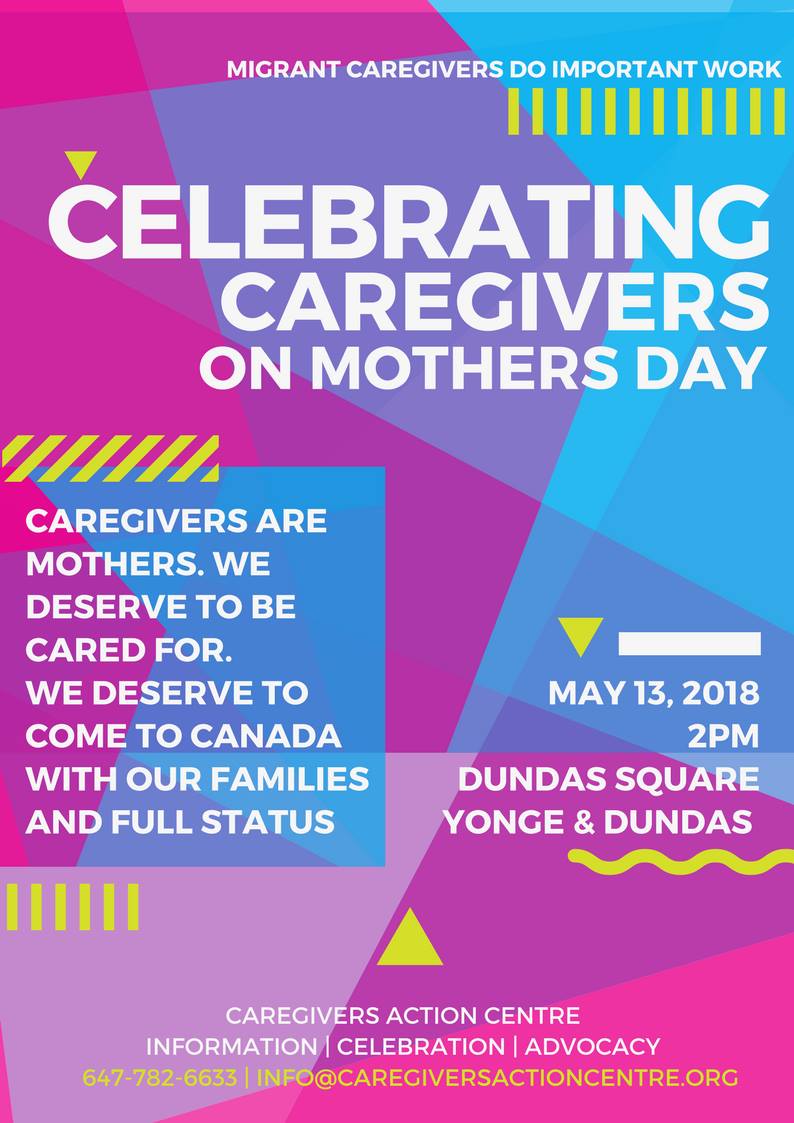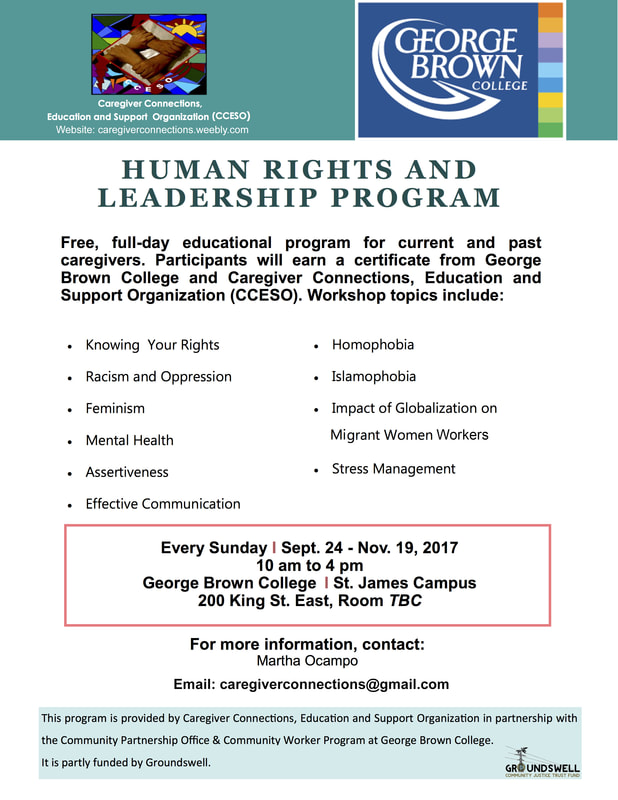Home Child Care Provider Pilot and Home Support Worker PilotGovernment of Canada: "We’ve received at least 2,750 applications under the Home Child Care Provider pilot. Because of this
We’re not close to reaching the cap for the Home Support Worker Pilot. You can still apply under this pilot. We’ll update this page if and when we close that pilot to new applications for 2020. For now, you don’t need to contact us about an application you submitted in 2020 under either pilot. We’re still in the process of opening applications now that our offices are open again. If we accept your application into processing for 2020, we’ll send you a notification letter. Due to the COVID-19 pandemic, it may take longer than usual for you to get the letter." EXPOSING MIGRANT CARE WORKER EXPLOITATION DURING COVID- 19As many regions continue into the second wave of the pandemic, the conditions outlined in this report are reoccurring or worsening right now. The cumulative and cascading crises of COVID-19 demand an immediate response through policy changes that will ensure rights and protections for migrant care workers. The most crucial of these changes is full and permanent immigration status for all migrant care workers in Canada now, and full and permanent immigration status for all migrant care workers that arrive in the future. This will give migrants the ability to protect themselves against labour exploitation, ensure access to emergency income supports and universal healthcare, and reunite families. A fair society is only possible with equal rights for all, and equal rights for all are only possible if everyone in the country has the same immigration status. Further recommendations are outlined at the end of this report. Table of Contents:Who we are
Acknowledgements Contact SECTION 1: INTRODUCTION Stolen Hope: COVID-19 and the Cascade of Crises Experienced by Migrant Care Workers Summary of Findings SECTION 2: CANADIAN LAWS THAT CREATE MIGRANT CARE WORKER EXPLOITATION Care Worker Immigration Programs in Summary SECTION 3: EXPOSING THE EXPLOITATION OF MIGRANT CARE WORKERS DURING COVID-19 CHAPTER 1: STOLEN LABOUR: WORK AND INCOME DURING COVID-19
CHAPTER 5: STOLEN TIME: FAMILY SEPARATION AND IMPACT ON CHILDREN CHAPTER 6: STOLEN HEALTH: HEALTH IMPACTS AND ACCESS TO SERVICES
The Change Migrant Care Workers Need Right Now!
Care workers calling on the Federal government for FULL and PERMANENT immigration #StatusForAll!10/31/2020
Behind Closed Doors: Exposing Migrant Care Worker Exploitation During COVID-19Migrant care workers across Canada released a report and this video on Oct 28 to share stories of abuse and their call for change.
These are Care Workers like you speaking out about their experiences! As Care Worker Leader Mariyah says, "Let’s come out with care workers so we can have a strong voice to push the government for our rights to getting our immigration status and bringing our families! " Watch, read and take action when we launch: www.MigrantRights.ca/BehindClosedDoors. JOIN US FOR A DAY OF ACTION FOR STATUS FOR ALL ON NOVEMBER 1st: https://www.facebook.com/events/1025481547913684 ADD YOUR VOICE: www.StatusforAll.ca -- Authored by Caregivers Action Centre (CAC), Vancouver Committee for Domestic Worker and Caregiver Rights (VCDWCR), Caregiver Connection Education and Support Organization (CCESO), and Migrant Workers Alliance for Change (MWAC), the report is endorsed by Alberta Careworkers Association, PINAY Quebec, Migrante Canada, Migrante Alberta, and Association for the Rights of Household and Farm Workers (ADDPD/ARHW). A joint project of the Landed Status Now Working Group of Migrant Rights Network. Answers to your questions on paying back the Canada Emergency Response BenefitThe Canada Emergency Response Benefit, or CERB, was the financial support to employed and self-employed Canadians who were directly affected by COVID-19. The CRA has set the CERB benefit period between March 15 and September 26. Your benefit ends when you have received 28 weeks of benefits or on October 3, 2020, whichever comes first. For those who applied through the Canada Revenue Agency, the last four-week period for the CERB was August 30, 2020 through September 26, 2020.
If you are one of the recipients of this benefit, and you are not sure if you need to return or repay the CERB you received, here's what to do next. Know Your Rights at Work!CCESO held a FREE online workshop last October 11, 2020. Some of the questions asked by our fellow Care workers are listed below, and were answered by our hosts. Workshop Questions
EMPLOYMENT RIGHTS
CARE WORK STORIES: DIGITAL EDITION
SUNDAY JUNE 21, 2020 2:00 PM - 3:15 PM EST A discussion with Filipino Care Workers and allies to explore their long history fighting for (and winning) human rights in Canada. Register online at https://rb.gy/nsujtc Migrant Care Workers are more than the "care" they provide to children, the elderly and our most vulnerable family members. Their stories are complex and as varied as the people who live them - past and present. Kwentong Bayan Collective hosts a discussion with Filipino Care Workers and allies to explore their long history fighting for (and winning) human rights in Canada. We will learn about the recent movement that boldly calls for "Full Immigration Status for All". We will meet artists who support migrant communities to tell their stories. And listen to the personal stories of Migrant Care Workers whose labour is currently keeping communities safe during COVID-19. On June 14th join the Migrant Rights Network as they launch a campaign by over 40 migrant-led and allied organizations for full immigration status for all: www.MigrantRights.ca/June2020
Join a massive digital and social media gathering of migrants, poor and working class people, and allies. The global COVID-19 pandemic has proven that migrants are essential to our communities, but are exploited and excluded. Together, migrants from across Canada will raise our voice for healthcare, decent work, family unity and equal rights for all. Actions will take place all day on social media and in the streets, learn more and get involved: https://migrantrights.ca/june2020 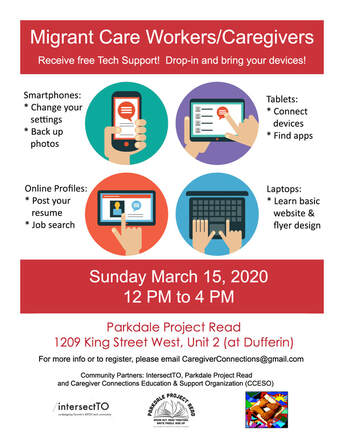
* Smartphones - apps, changing settings, security issues and other troubleshooting issues * How to write resume on Word or alternative free doc programs * Staying safe online and on social media * Setting up basic websites and designing flyers * Using collaborative applications * Connecting Bluetooth devices * Uploading media to the cloud like photos or contact information * How to locate your phone if it gets lost * Laptop support - updating your OS, accessing VPN, anti-virus support We’ll cover these topics and more! This free event is designed for the Migrant Care Workers / Caregiver community. Registration is required. For more information, contact CCESO. ACCESS INFO: Parkdale Project Read is accessible to people using wheelchairs, scooters, and other mobility devices. Front door equipped with access ramp and power-assist button. No stairs. Gender-inclusive and accessible bathroom is equipped with assist bar. Please come scent/fragrance free. Light Refreshments provided. On-site child minding support available.
Please join us for Re-Imagining Stories of Care Work - a collaborative storytelling and audio-visual art performance about the invaluable contributions of migrant caregivers to Canada’s social, economic, and political past, present and future.
Collaborative storytelling by Caregiver Connections, Education & Support Organization (CCESO) and audio-visual art performance by Kwentong Bayan Collective. With support from Karen Ancheta, Storyteller/Facilitator and Leon Aureaus, Artistic Director, Carlos Bulosan Theatre. Presented by the Myseum Intersections Festival. When: Sunday March 10, 2019 Stories of Care Work Performance: 1-3 PM Stories of Care Work Reception: 3-4 PM Where: Spadina Theatre 24 Spadina Rd, Toronto, ON M5R 2S7 Closest Accessible subway is SPADINA. Admission: FREE EVENT. Donations accepted. Limited seating, please RSVP via Eventbrite: <https://www.eventbrite.ca/e/myseum-intersections-re-imagining-stories-of-care-work-performance-tickets-55431960486> Access info: Barrier free venue with seating area available for people in wheelchairs or with disabilities upon request. Washrooms are accessible. If you have any additional requirements or need additional assistance, please email Myseum at: info@myseumoftoronto.com and we will do our best to accommodate. By subway: From Spadina Station. Go north on Spadina Road to the next intersection on Lowther Avenue. Spadina Theatre is on the west side of the street. Use lower entrance with wheelchair access ramp. Parking: There are several public parking lots close by, including: Green P Parking, Carpark 231, at 19 Spadina Road and on-street parking all around. Re-Imagining Stories of Care Work is part of Myseum Intersections, an annual festival that explores intersectional perspectives of Toronto through FREE collaborative exhibits, events, workshops, and tours. Check out the full program at: http://www.myseumoftoronto.com/program/myseum-intersections/ Please note that there will be photography taken at this event. Caregiver Connections, Education and Support Organization (CCESO) presents:
Ottawa-Montreal-Quebec City 3-day Tour on May 18, 19, & 20, 2019 Long weekend (Victoria Day) Itinerary: Day 1: Toronto-Kingston - Ottawa: Parliament Hill - Civilization Museum. Montreal: Dinner - Hotel Accommodation: SANDMAN or similar Day 2: St. Josephy Oratory - Norte Dame Basilica - Olympic Stadium (Montreal Tower) - Montreal (Lunch) - Quebec: Old Quebec City Sightseeing. Hotel Accommmodation: UNIVERSEL or similar Day 3: Quebec City - Brunch - Thousand Islands Boat Cruise - Toronto Limited Seats! Reserve NOW!!! Price: Adult/Child $260 - Quad Sharing, $325 - Double Sharing. Inclusive of transportation, 2-night hotel accommodation & gratuities. Please note that a 50% down payment is required to reserve a seat. Full payment should be given on or before April 30, 2019. For more information & payment arrangement, please contact CCESO. NOT INCLUDED: 1. Admission to show tickets 2. All personal expenses 3. Admission fees to: (optional) - Canadian Museum of History (Civilization Museum), Adult: $20, Child (3-12): $12 - Montreal - Montreal Tower, Adult: $23.25, Child (3-12): $11.50 - 1000 Island - 90 minute Cruise, Adult $35, Child (3-12): $22.50
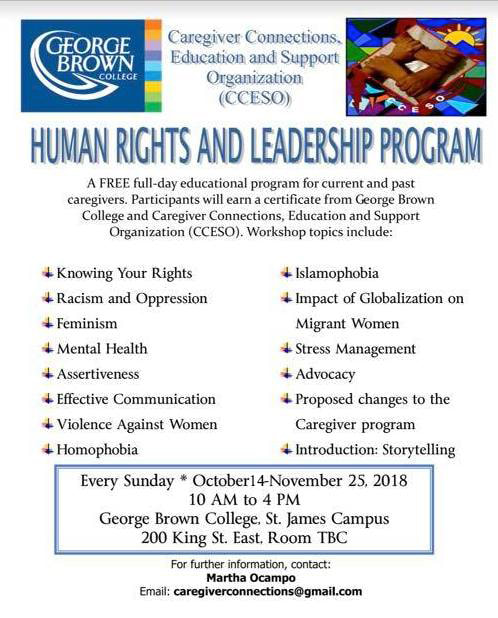 Caregiver Connections, Education & Support Organization (CCESO) presents: Human Rights and Leadership Program 2018 A FREE full-day education program for current and past Caregivers Workshop topics include:
NEW DATES: 8 Sundays from October 14 to November 2, 2018 from 10 am to 4 pmat George Brown College, 200 King St. East, Room to be confirmed.Graduation Celebration on Sunday December 2For more information, contact Martha Ocampo. This free educational program is offered by CCESO in partnership with the Community Partnership Office & Community Worker Program at George Brown College (GBC). Participants will earn a certificate from GBC and CCESO. 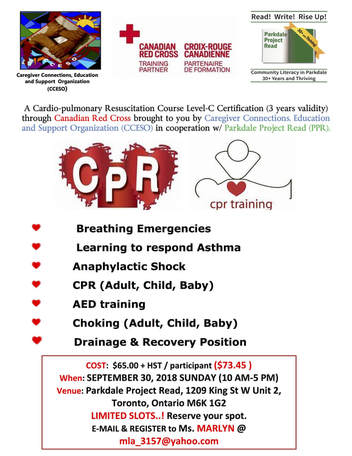 A Cardio-pulmonary Resuscitation Course Level-C Certification (3 years validity) through the Canadian Red Cross. Presented by Caregiver Connections, Education and Support Organization (CCESO) in cooperation with Parkdale Project Read (PPR). This CPR Training will include: - Breathing Emergencies - Learning to Respond to Asthma - Anaphylactic Shock - CPR for Adult, Child, Baby - AED training - Choking (Adult, Child, Baby) - Drainage and Recovery Positions Date: Sunday September 30, 2018 Time: 10 AM to 5 PM Place: PPR, 1209 King Street West, Unit 2 Cost: $73.45/participant ($65 + HST) Limited Spots available To register, email, Ms. Marlyn
|
Categories
All
Archives
November 2023
|

